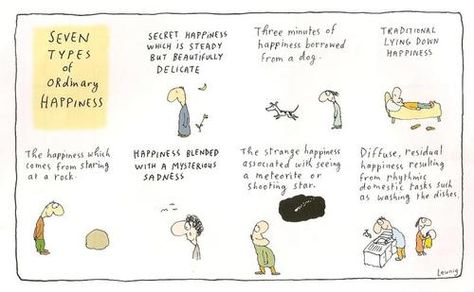Geoff-Allen
Resident megalomaniac
Hope you're all well.
Here's an interesting article I found just recently -
I suspect that many of us fall into this trap: We’re “supposed to be happy,” and in trying to be so, we push aside feelings that seem contrary to bliss. We suppress the uncomfortable feelings, thinking that will make room for happiness; but when we suppress any feeling, we suppress all feelings. Instead of increasing happiness, rejecting those “negative” feelings just creates numbness.
Even worse, this emotional favoritism makes it extremely difficult to move forward. Emotions serve to signal opportunity and threat, and at the core, we have them to solve problems. We use mathematical data to solve math problems, we use emotional data to solve emotional problems. If we decided only to use even numbers, we’d have a hard time with algebra – the same thing happens with emotions and the algebra of relationships.
In craving happiness, if we reject and devalue sadness, and a host of other valuable emotions as “in the way of happiness,” paradoxically we lose great data that would actually help us find a more profound and lasting happiness.
Don’t Settle for Happiness: Emotional Intelligence and Life Worth Living • Six Seconds
Enjoy!!
Here's an interesting article I found just recently -
I suspect that many of us fall into this trap: We’re “supposed to be happy,” and in trying to be so, we push aside feelings that seem contrary to bliss. We suppress the uncomfortable feelings, thinking that will make room for happiness; but when we suppress any feeling, we suppress all feelings. Instead of increasing happiness, rejecting those “negative” feelings just creates numbness.
Even worse, this emotional favoritism makes it extremely difficult to move forward. Emotions serve to signal opportunity and threat, and at the core, we have them to solve problems. We use mathematical data to solve math problems, we use emotional data to solve emotional problems. If we decided only to use even numbers, we’d have a hard time with algebra – the same thing happens with emotions and the algebra of relationships.
In craving happiness, if we reject and devalue sadness, and a host of other valuable emotions as “in the way of happiness,” paradoxically we lose great data that would actually help us find a more profound and lasting happiness.
Don’t Settle for Happiness: Emotional Intelligence and Life Worth Living • Six Seconds
Enjoy!!

